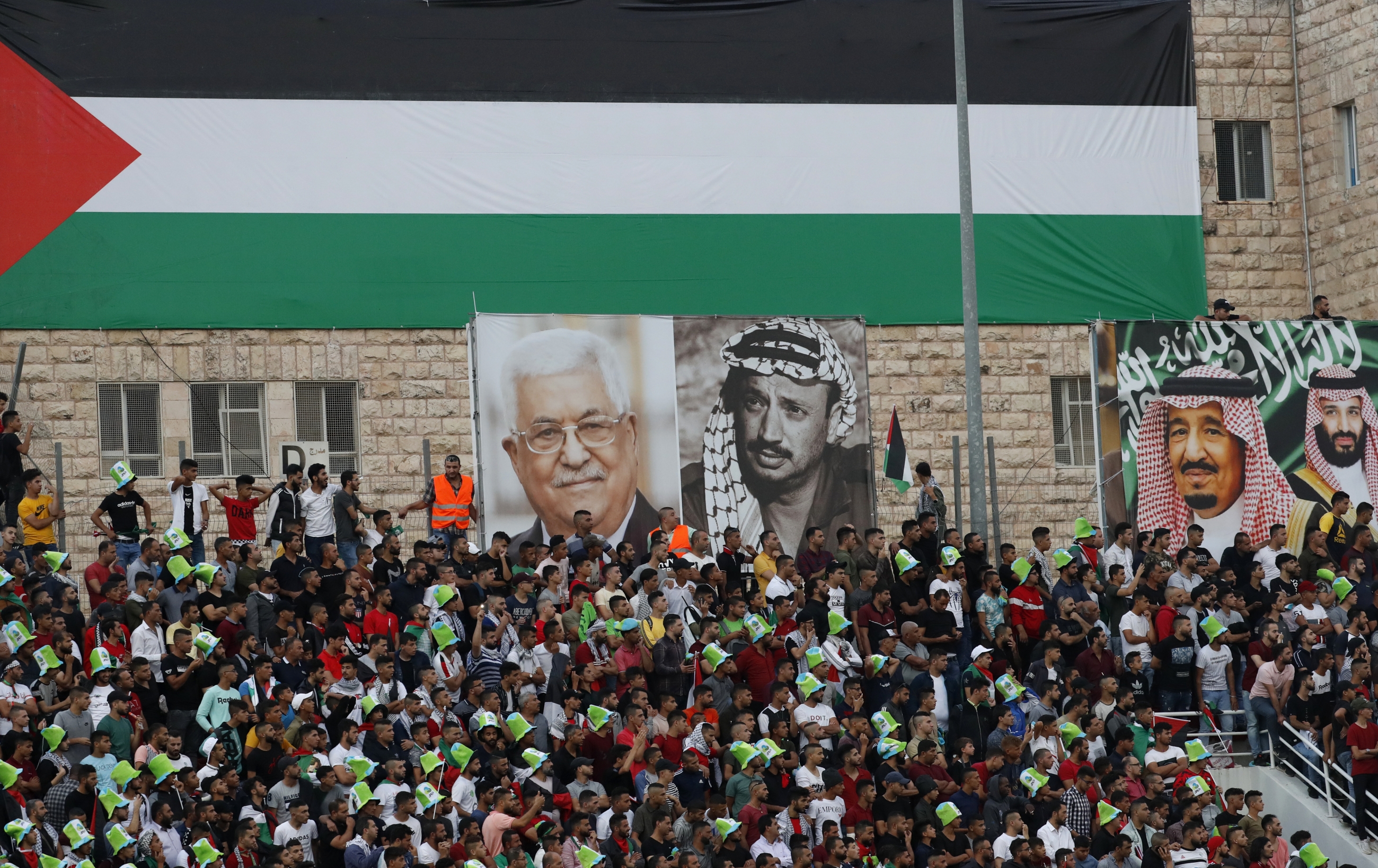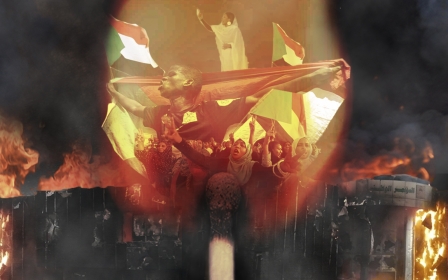Arabic press review: Saudi Arabia releases Palestinian detained

Riyadh releases Palestinian detainee after four months without trial
Saudi authorities have released Palestinian detainee Abdullah Awad Odeh from prison, Jordanian journalist Khadr Al-Mashaikh said on Thursday.
Odeh is the first detainee to be released among 62 Palestinians and Jordanians who have been in prison for months without trial, Mashaikh said in a Facebook post.
Mashaikh heads a committee that follows the cases of political prisoners in Saudi prisons.
Odeh, who was arrested on 8 August, had been working as an electrical engineer in a Saudi company for five years. He was undergoing a routine transaction in the passport department when he was taken by Saudi security personnel.
New MEE newsletter: Jerusalem Dispatch
Sign up to get the latest insights and analysis on Israel-Palestine, alongside Turkey Unpacked and other MEE newsletters
According to his brother, Odeh was completing a formal exit procedure with the plan of traveling to Dubai on a week-long holiday, when he was informed that he was flagged and his passport must be reviewed.
Odeh was detained the following day without explanation when he went for an interview. His family had not been able to contact him or get any information about his condition.
In October, the family held a protest during a football match between the Saudi Arabian and Palestinian national teams in the occupied West Bank.
Saudi Arabia and Qatar reach agreement on three points of contention
Saudi-Qatari negotiations have so far led to an agreement on three points, the Kuwait newspaper Al-Qabas reported, quoting Gulf sources familiar with the two-and-a-half-year rift between the Gulf allies.
The first point relates to "preparing public opinion for a new atmosphere [between the countries], one that is different from that of the past period".
The diplomatic crisis was set off when Saudi Arabia, the United Arab Emirates, Bahrain and Egypt cut off ties with Qatar in 2017 and imposed an air, land and sea blockade over allegations of terrorism and fostering closer ties with Iran. Qatar has repeatedly rejected the allegations against it.
'The debate is still ongoing on other points of contention'
- Gulf sources
The new phase has been focused on paving the way for the two sides to reach an agreement, the sources said, adding that this has already started on several levels, including in the field of sports.
Last month, the three boycotting Gulf countries sent teams to a regional football tournament held in Qatar after reversing their decision to withdraw from the Gulf 24 tournament.
The sources told the newspaper that the second point agreed upon was for local journalists and social media personalities to avoid disparaging prominent and sovereign figures of both countries.
The Qataris and the Saudis also agreed for their respective officials and leaders to abstain from making any hostile statments against their counterparts.
"The debate is still ongoing on other points of contention, and the coming days and weeks might reveal a direct or indirect announcement of what has been reached and the remaining outstanding matters."
Houthis aim to withdraw fresh notes from market
The Houthis in Yemen continued their measures to strangle the local economy, as they recently decided to withdraw notes newly printed by the Central Bank in Aden, Saudi newspaper Asharq Al-Awsat claimed last week.
The Houthis set a month's deadline for people living under areas they control to hand over their any new note in their possession, vowing to compensate them either with cash from old notes or through what they called "the e-riyal".
While the decision excluded traders, banks and exchange shops, economists in Sanaa accused the Houthi rebel group of stealing the new notes from markets, merchants and travellers and then redistributing them onto the black market in order to purchase foreign currencies from areas under the internationally recognised government’s control, the newspaper reported.
Since the government moved the Central Bank from Sanaa to the temporary capital of Aden in September 2016 and printed new notes to provide liquidity in the markets and pay salaries, the Houthis have prevented their entry into their areas of control.
Recession hits Sudan's markets
Sudan's markets have recently been hit by recession, amid a deterioration of the economy, the decline in consumers' purchasing powers and inflation, according to a report published in the London-based Al Arabi Al Jadeed newspaper.
Sudanese markets have been facing a severe decrease in the demand for goods, coupled with the soaring prices of products on local markets, with prices increasing to up to 90 percent in comparison to last month.
Sudanese traders said that the reason for the inflated prices is the devaluation of the local currency to 85 pounds against the US dollar on the black market. The official rate is 45.14 pounds.
Trader Moussa Ibrahim said that the purchase rate had dramatically decreased as a result of the expensive commodities, adding that the increase in the price of the American currency has caused traders to raise prices.
Middle East Eye delivers independent and unrivalled coverage and analysis of the Middle East, North Africa and beyond. To learn more about republishing this content and the associated fees, please fill out this form. More about MEE can be found here.




